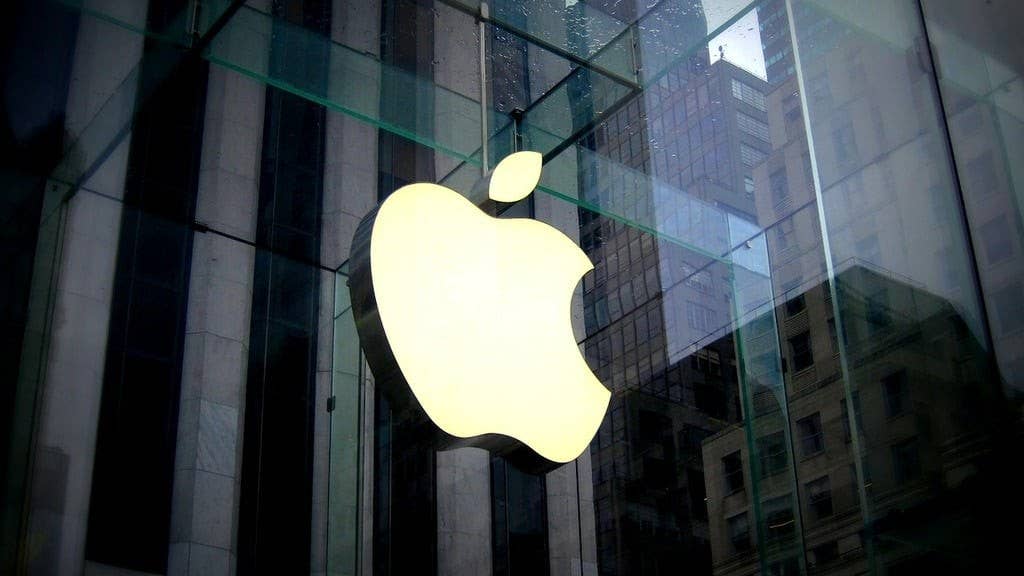How to Hire Data Scientists: A Comprehensive Guide for 2025
hire data scientists involves more than assessing technical prowess; it's about finding individuals who can integrate into your organization's culture, communicate effectively, and drive data-informed decisions. By clearly defining roles, seeking a balance of skills, and fostering an environment conducive to growth and inclusion, you position your organization to attract and retain top data science talent in 2025 and beyond.
In today's data-driven landscape, hiring skilled data scientists is crucial for organizations aiming to leverage data for strategic decision-making. However, attracting and retaining top talent in this competitive field requires a thoughtful and structured approach. Here's a comprehensive guide to help you navigate the process effectively.
1. Define Clear Role Requirements
Begin by articulating the specific needs of your organization. Are you seeking a data scientist to develop predictive models, perform statistical analyses, or communicate insights to stakeholders? Clearly outlining the role's responsibilities ensures alignment between your expectations and the candidate's expertise.
2. Seek a Blend of Technical and Soft Skills
While proficiency in programming languages like Python or R, machine learning algorithms, and data visualization tools is essential, don't overlook soft skills. Effective communication, business acumen, and problem-solving abilities enable data scientists to translate complex data into actionable insights for diverse audiences.
3. Utilize Practical Assessments
Incorporate work samples and structured interviews into your hiring process. Present candidates with real-world problems relevant to your industry to assess their analytical thinking and problem-solving approaches. This method provides a realistic evaluation of their capabilities and how they handle actual job-related tasks.
4. Explore Diverse Talent Pools
Expand your search beyond traditional platforms. Engage with online communities like GitHub and Stack Overflow, attend data science conferences, and collaborate with academic institutions. These avenues can connect you with candidates who possess both the technical skills and innovative thinking your organization needs.
5. Promote a Data-Driven Culture
Data scientists are attracted to organizations where their work has a tangible impact. Highlight how your company leverages data in decision-making processes and showcase success stories where data science has driven measurable outcomes. This transparency demonstrates the value placed on data-driven insights.
6. Offer Growth and Learning Opportunities
The field of data science is continually evolving. Provide resources for continuous learning, such as access to courses, workshops, and conferences. Encouraging ongoing development not only enhances your team's skills but also shows your commitment to their professional growth.
7. Ensure a Streamlined Hiring Process
Top data science candidates are often in high demand. Streamline your hiring process to move efficiently from application to offer. Prolonged timelines or excessive assessments can deter qualified candidates. Aim for a process that is thorough yet respectful of the candidate's time.
8. Foster an Inclusive Environment
Diversity and inclusion are vital for fostering innovation. Strive to build a team with varied backgrounds and perspectives. Review job descriptions for inclusive language, ensure diverse interview panels, and cultivate a culture where all team members feel valued and heard.
Conclusion
hire data scientists involves more than assessing technical prowess; it's about finding individuals who can integrate into your organization's culture, communicate effectively, and drive data-informed decisions. By clearly defining roles, seeking a balance of skills, and fostering an environment conducive to growth and inclusion, you position your organization to attract and retain top data science talent in 2025 and beyond.

























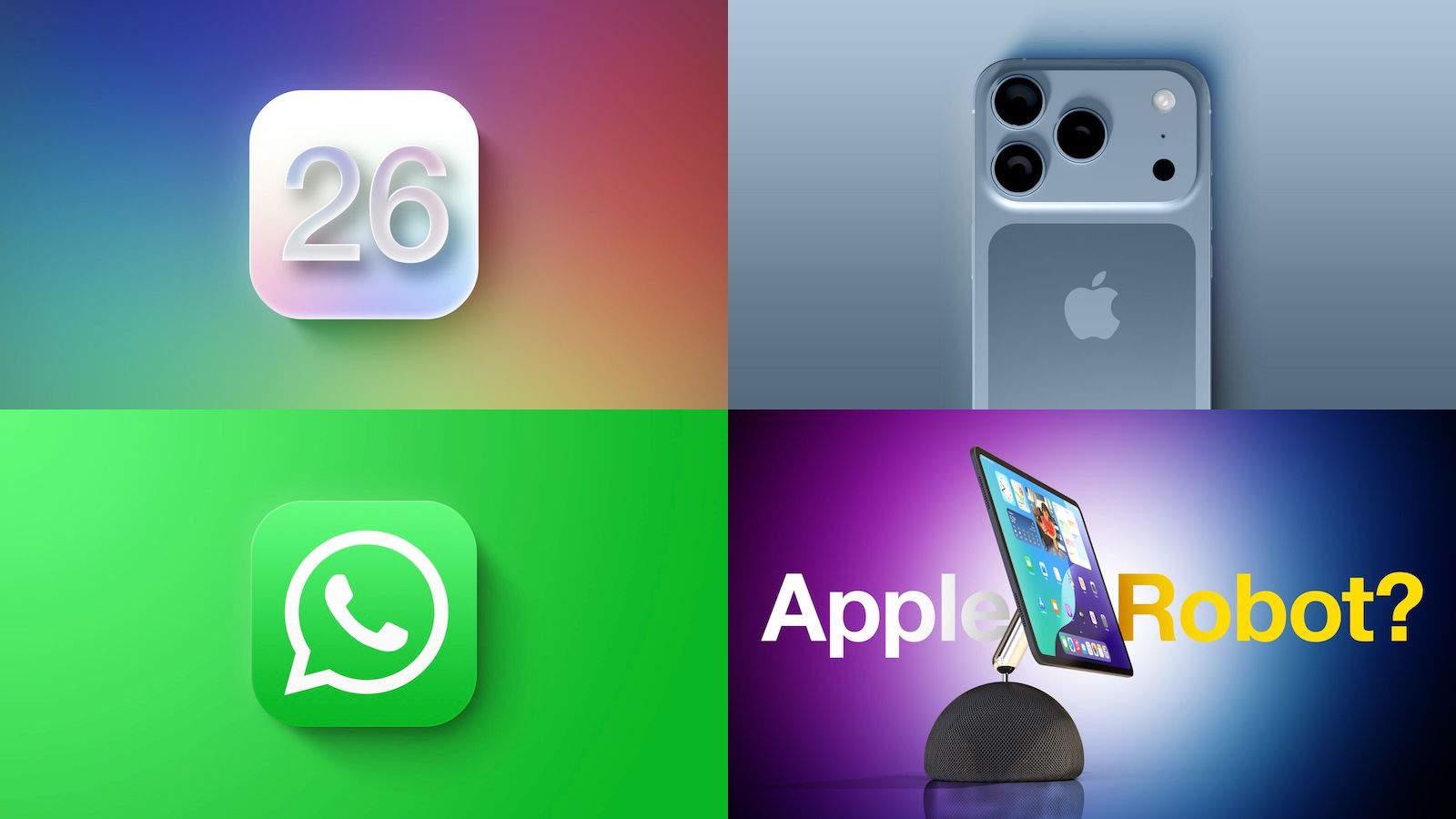

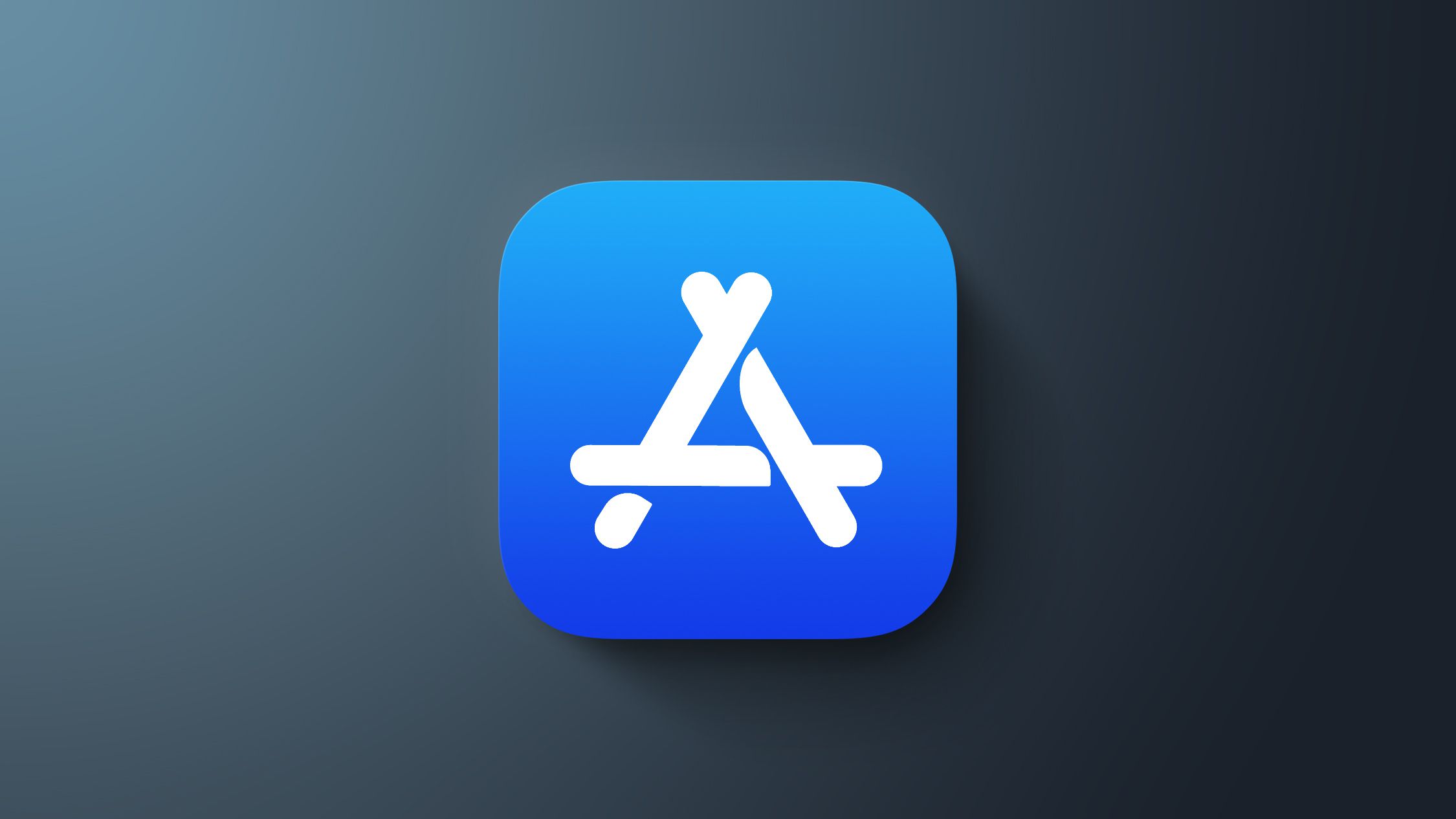



















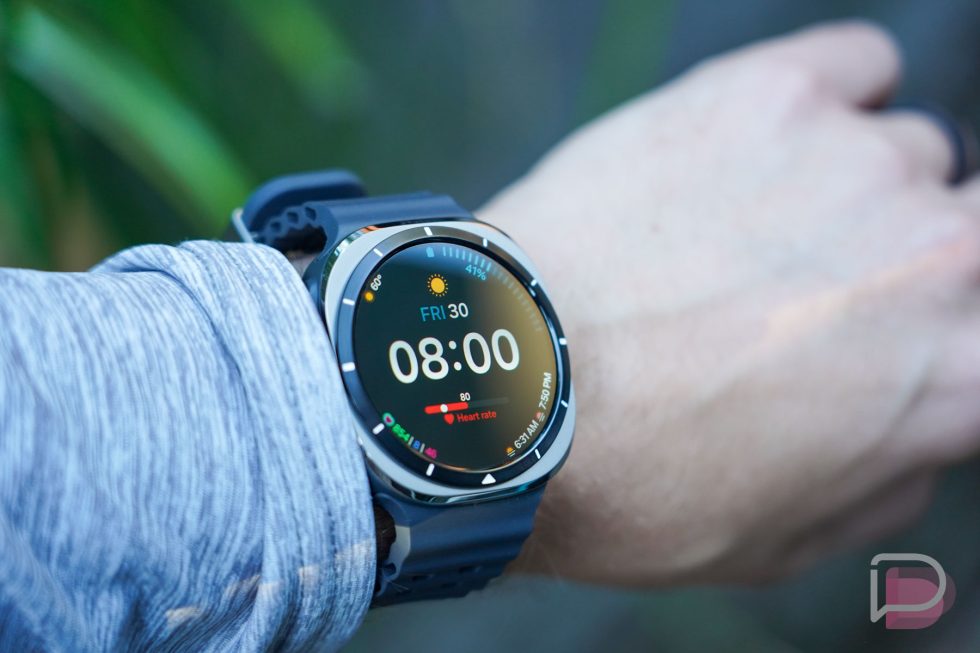





















![Sonos Father's Day Sale: Save Up to 26% on Arc Ultra, Ace, Move 2, and More [Deal]](https://www.iclarified.com/images/news/97469/97469/97469-640.jpg)



























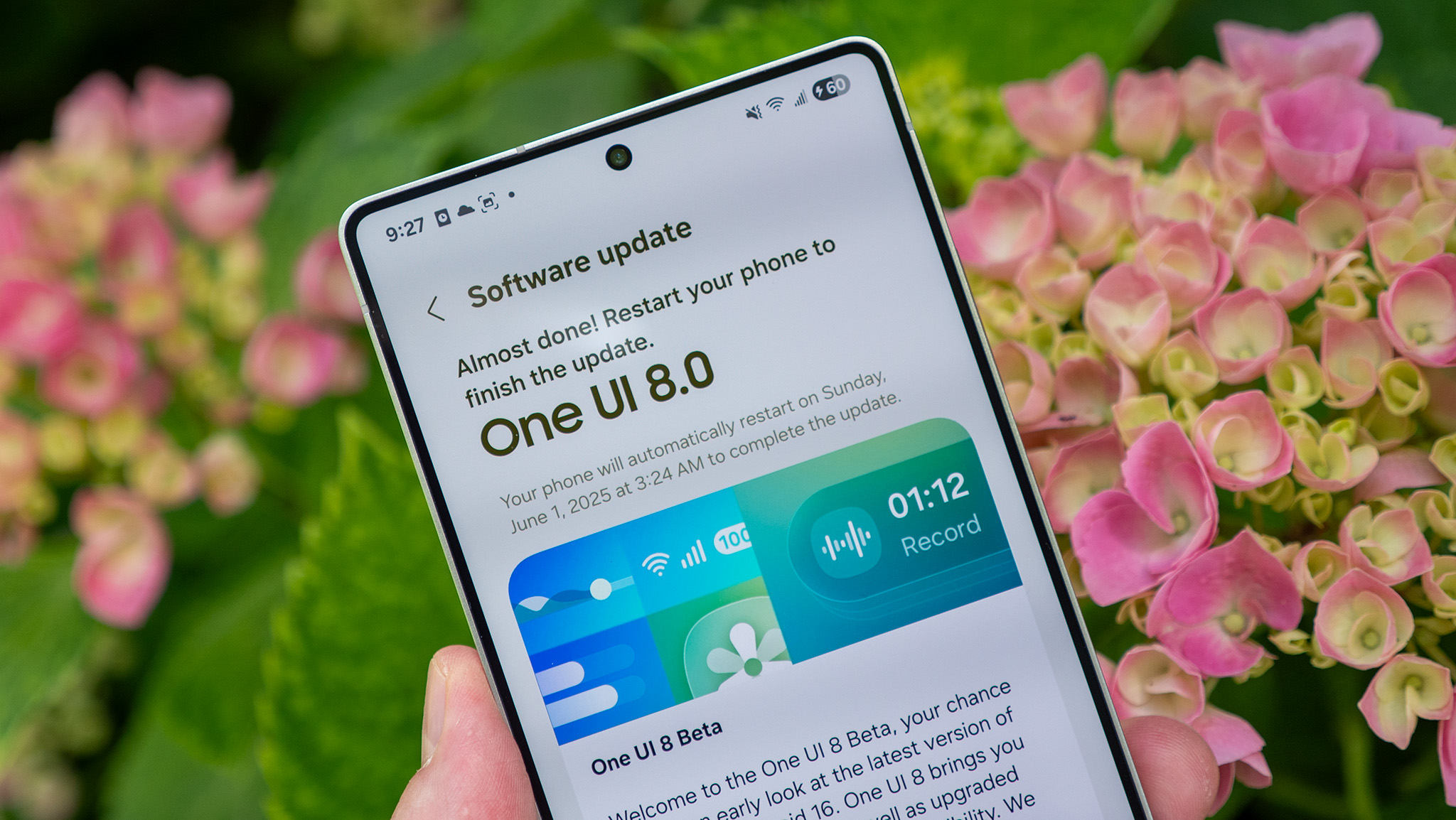


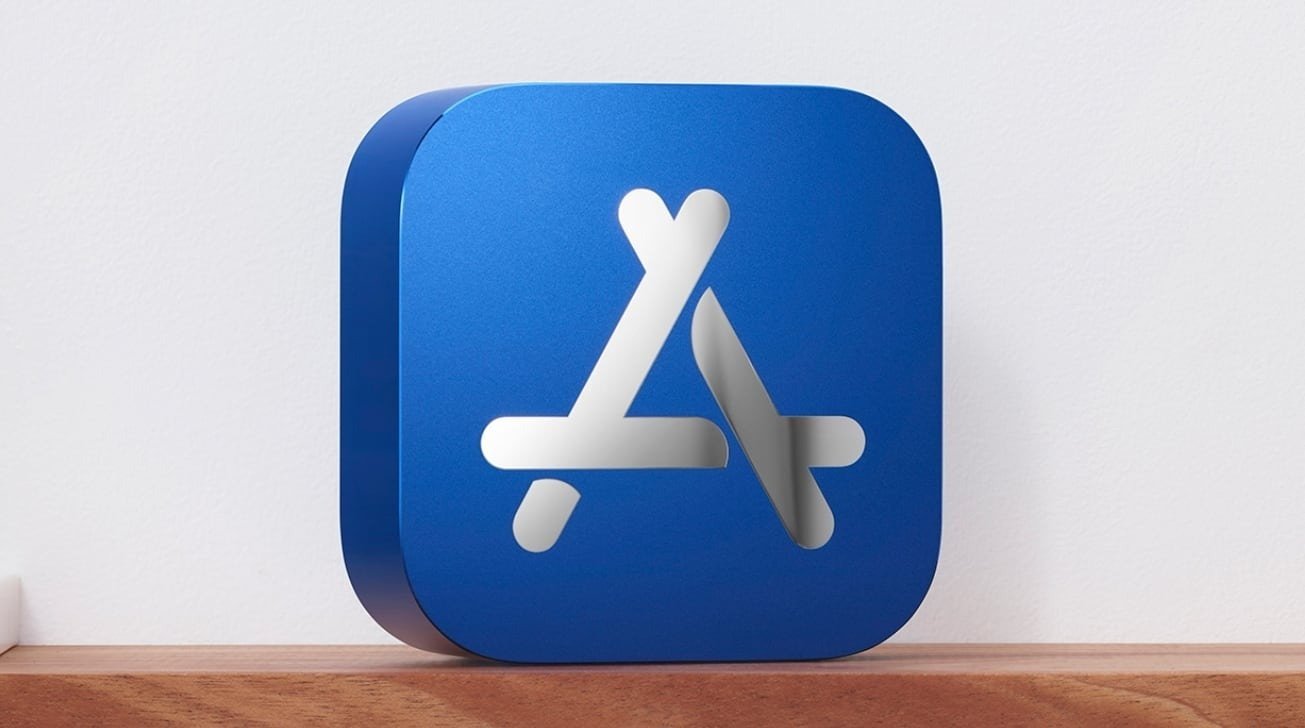
















































































.webp?#)


_Delphotos_Alamy.jpg?width=1280&auto=webp&quality=80&disable=upscale#)



















































































































![[The AI Show Episode 150]: AI Answers: AI Roadmaps, Which Tools to Use, Making the Case for AI, Training, and Building GPTs](https://www.marketingaiinstitute.com/hubfs/ep%20150%20cover.png)
![[The AI Show Episode 149]: Google I/O, Claude 4, White Collar Jobs Automated in 5 Years, Jony Ive Joins OpenAI, and AI’s Impact on the Environment](https://www.marketingaiinstitute.com/hubfs/ep%20149%20cover.png)







































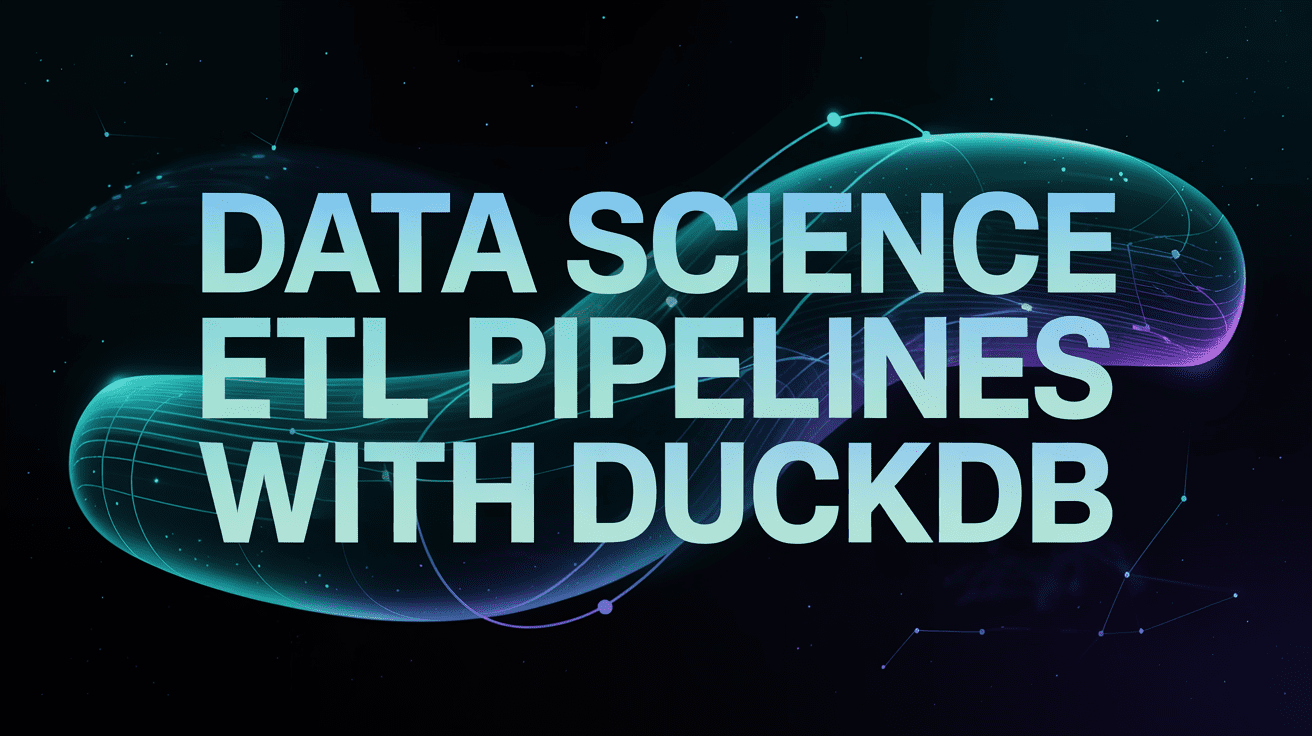





































































![[FREE EBOOKS] Solutions Architect’s Handbook, The Embedded Linux Security Handbook & Four More Best Selling Titles](https://www.javacodegeeks.com/wp-content/uploads/2012/12/jcg-logo.jpg)












































![How to Survive in Tech When Everything's Changing w/ 21-year Veteran Dev Joe Attardi [Podcast #174]](https://cdn.hashnode.com/res/hashnode/image/upload/v1748483423794/0848ad8d-1381-474f-94ea-a196ad4723a4.png?#)



























